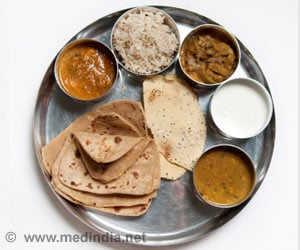Over the past two decades, the world has seen unprecedented progress in child survival.

‘Globally over half the births were estimated to have taken place in nine countries: India, China, Nigeria, Pakistan, Indonesia, the US, the Democratic Republic of the Congo, Ethiopia and Bangladesh.’





The Unicef reported that globally over half the births were estimated to have taken place in nine countries: India (69,070), China (44,760), Nigeria (20,210), Pakistan (14,910), Indonesia(13,370), the US (11,280), the Democratic Republic of the Congo (9,400), Ethiopia (9,020) and Bangladesh (8,370). Among those children, some will unfortunately not make it past their first day. In 2016, an estimated 2,600 children died within the first 24 hours every day of the year. Unicef said that for almost two million newborns, their first week was also their last.
In all, 2.6 million children died before the end of their first month. Among them, more than 80 percent died from preventable and treatable causes such as premature birth, complications during delivery and infections like sepsis and pneumonia. Over the past two decades, the world has seen unprecedented progress in child survival, halving the number of children worldwide who die before their fifth birthday to 5.6 million in 2016.
But despite these advances, there has been slower progress for newborns. Babies dying in the first month account for 46 percent of all deaths among children under five. Next month, Unicef will launch "Every Child Alive," a global campaign to demand and deliver affordable, quality health care solutions for every mother and newborn.
These solutions include a steady supply of clean water and electricity at health facilities, presence of a skilled health attendant during birth, disinfecting the umbilical cord, breastfeeding within the first hour after birth and skin-to-skin contact between the mother and child.
Advertisement









